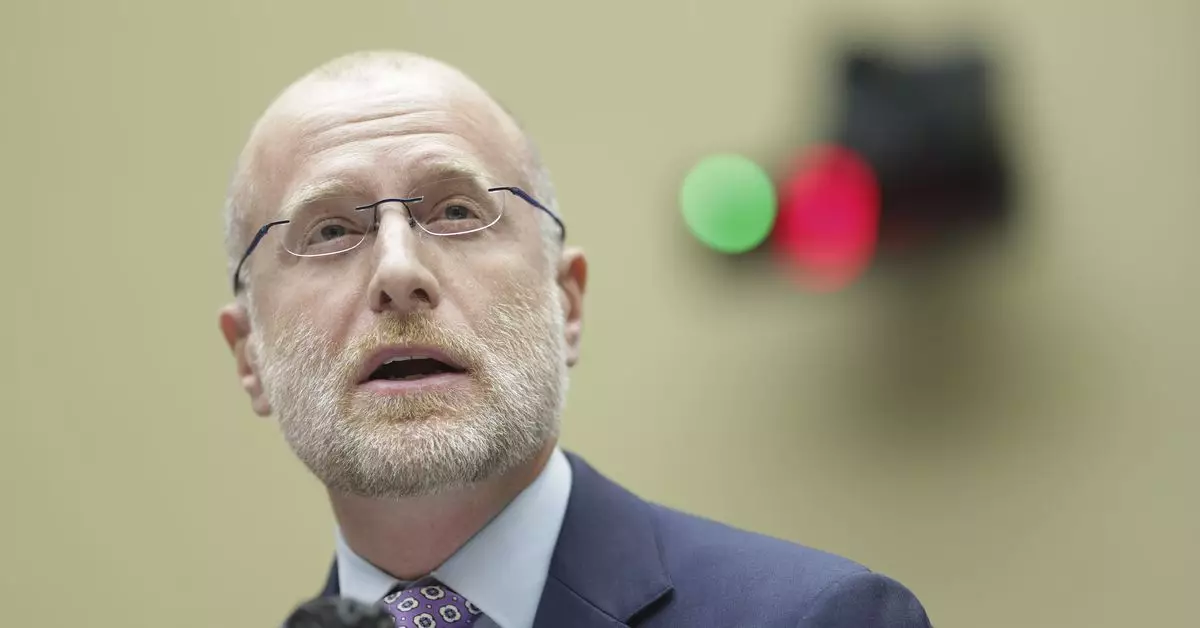As President-elect Donald Trump prepares to appoint Brendan Carr as the chairman of the Federal Communications Commission (FCC), the implications of this decision are profound. Carr has held the position of FCC commissioner since 2017 and has emerged as a polarizing figure in digital communication and media regulation. His tenure has raised fundamental questions regarding the balance between regulatory oversight and the protection of free speech, particularly in today’s highly charged political atmosphere.
Carr’s approach to regulation extends beyond traditional broadcasting; it encompasses the rapidly evolving landscape of social media platforms. His involvement in Project 2025 illustrates a clear intention to enforce guidelines that prioritize conservative viewpoints, indicating a significant shift in how the commission might handle content moderation. By proposing the limitation of Section 230—a legal shield that protects platforms from liability for user-generated content—Carr is essentially advocating for greater accountability among tech companies. This push poses a dilemma: while ultimately aiming to diversify voices in public discourse, it also risks curbing the freedom of expression that Section 230 was designed to protect.
Carr’s political motivations cannot be overlooked. His threats to use FCC authority to discipline companies expressing views contrary to his own confound the real purpose of the commission—maintaining a fair and open marketplace of ideas. For instance, his recent suggestion to revoke NBC’s broadcast license over a Saturday Night Live skit featuring Kamala Harris exemplifies a trend that raises eyebrows: the potential for regulatory power to intimidate media outlets into self-censorship. Such actions could undermine journalistic integrity by prioritizing alignment with specific political ideologies over unbiased reporting.
An examination of Carr’s history reveals a significant flip in his regulatory stance, particularly regarding net neutrality. His vote in 2017 to repeal net neutrality regulations sparked intense debates about internet freedom. His subsequent opposition to restoring these rules underscores a continuing theme of prioritizing industry interests over consumer protection. A lack of clear guidelines and appropriate governance in internet traffic modulation directly impacts the accessibility of information online, paving the way for higher barriers to entry for smaller entities in favor of established corporations.
With Carr at the helm, the FCC faces considerable challenges moving forward. As the commission grapples with the complexities of free speech in a digital age, it must navigate a path that ensures fair access while safeguarding against ideological bias. The potential normalization of regulatory threats against businesses exhibiting unpopular views poses a risk to a civil society predicated on the freedoms outlined in the First Amendment.
The anticipated chairmanship of Brendan Carr promises both rigorous oversight and contentious regulatory practices. The balance between free speech, corporate power, and government influence will be pivotal in defining the future of communication in America. As debates over content moderation and corporate accountability evolve, the FCC is poised to play a critical role in shaping equitable discourse in the digital era.

